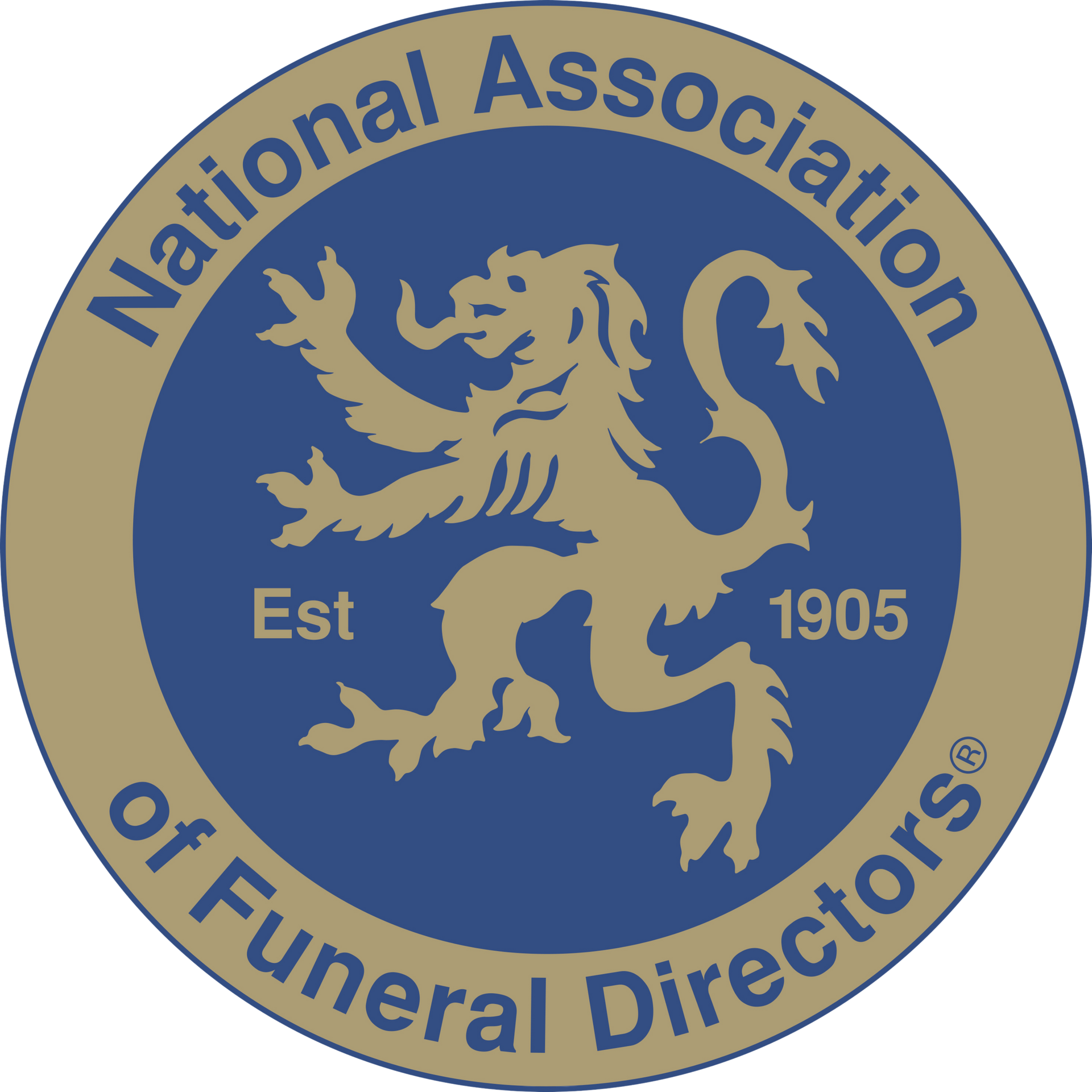What to do when someone dies at home
There's a set process for what to do if someone dies at home in the UK. Here, we walk you through the steps you need to take.
Death at home: what to do, step by step
What you need to do when someone dies
Has a person died at home? We know this is an emotionally challenging time and it's probably hard to think straight. This guide shows you who to call, what to do and in what order.
What to do first
If the death was expected
Call their GP
Contact the person's GP surgery or call NHS 111. They'll send a medical professional to look at the person who has died and verify the death.
The doctor will fill in a form and send it to the medical examiner (a senior doctor). You'll hear from them soon.
Call their nearest relative
If you're not the person's closest relative, call them as soon as you feel up to it and let them know about the death.
Call a funeral director
When you feel ready, call a funeral director. They'll send a private ambulance to collect the person's body.
You might want to choose a funeral director you like or contact a funeral hone that has helped your family before. Remember, it's OK to change your mind and use a different funeral director later.
If the death was unexpected
Call 999
Call 999 straight away and tell them what's happened. They'll send a doctor or paramedics, who will confirm the death or attempt to resuscitate the person.
They'll also send police officers to the house, who will ask questions about the death. It might feel hard to answer these questions at this stage. However, it's important to know this process is normal. The police conduct these routine visits whenever an unexpected death occurs.
At this stage, the death may be reported to the coroner. This can happen if the medical team are unable to confirm the cause of death or if the person died because of an accident. The coroner will need time to investigate the cause of death, so you may have to delay funeral. However, you can let them know if you need to arrange the funeral quickly for religious reasons.
You don't need to call a funeral director to collect the person's body. The police should arrange this
for you.
What to do in the next few days
Talk to the medical examiner
You should soon receive a call from the medical examiner (usually within 24 hours). It's the medical examiner's job to prepare the medical certificate of cause of death (MCCD). You'll need this document to register the death with your local registrar.
The medical examiner will explain what the certificate says and make sure you agree with it. You'll also have the opportunity to ask questions or raise concerns.
If the coroner is involved
If the person's death was reported to the coroner, you won't hear from the medical examiner. Instead, the coroner will confirm the cause of death directly with the registrar.
Register the death
In England, Wales and Northern Ireland, you must register the death within five days. This includes weekends and bank holidays. In Scotland, you have eight days to register the death.
To register the death, you make an appointment with a register office and go there in person. You can use any register office but it's best to use the one closest to where the person died.
You'll need to have some information ready and may need to prepare some documents. The register office should tell you what you need to prepare when you make the appointment.
You can find your nearest register office at
GOV.UK.
If the coroner is involved
The usual time limit for registering doesn't apply if the coroner is investigating the cause of death. You must wait until the coroner completes the investigation before registering the death.
Tell organisations about the death
As soon as possible, you should let the government know about the person's death. You can use the Tell Us Once service to do this. Tell Us Once informs several government departments about the death in one go, including the Passport Office, HMRC and the person's local council.
You should also let other organisations and service providers know, including:
The person's bank or building society
Their pension provider
Their mortgage provider or landlord
Their employer
Utility companies
Their medical providers, including their GP and dentist
Social services (if applicable)
There's no strict time limit on doing this. However, it's best to do it whenever you feel ready.
Return their passport and driving licence
Send the person's passport back to HM Passport Office and their driving licence to DVLA. Here are the addresses you'll need.
HM Passport Office
PO Box 767
Southport
PR8 9PW
DVLA
Swansea
SA99 1AB
What to do when someone dies at home at night
The process for what you need to do if someone dies is similar, whether the death occurred during the day or at night.
If it's nighttime and the person's death was expected, start by calling NHS 111 and following their instructions. You can then go through the steps we described earlier. You can wait until morning to call the person's GP if you'd prefer.
If the death was unexpected, call 999 straight away and wait for the emergency services to arrive.
Next steps
Arrange the funeral
When you feel ready, you can start making funeral arrangements. Most people work with a funeral director to make the process simpler. You can learn more in our step-by-step guide to
arranging a funeral. [Link to Guide 3: arranging a funeral]
Deal with the person's estate
You may or may not have to deal with the person's estate – their money, possessions and property. It depends on your relationship with the person who has died and whether they left a will. You'll find lots of advice about wills and estates on our
blog.
More support and advice
Our 24-hour helpline
At AFD, we're available 24/7 to collect the person who has died or offer funeral planning support. If you need our help, call our team on
020 8355 7876.
More guides
Our guides show you what to do in simple steps. Learn what to do if a person dies in hospital, how to start organising a funeral and more.
Your funeral choices
Learn more about your options for planning a funeral, including burial, cremation and optional extras.


